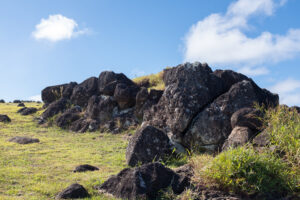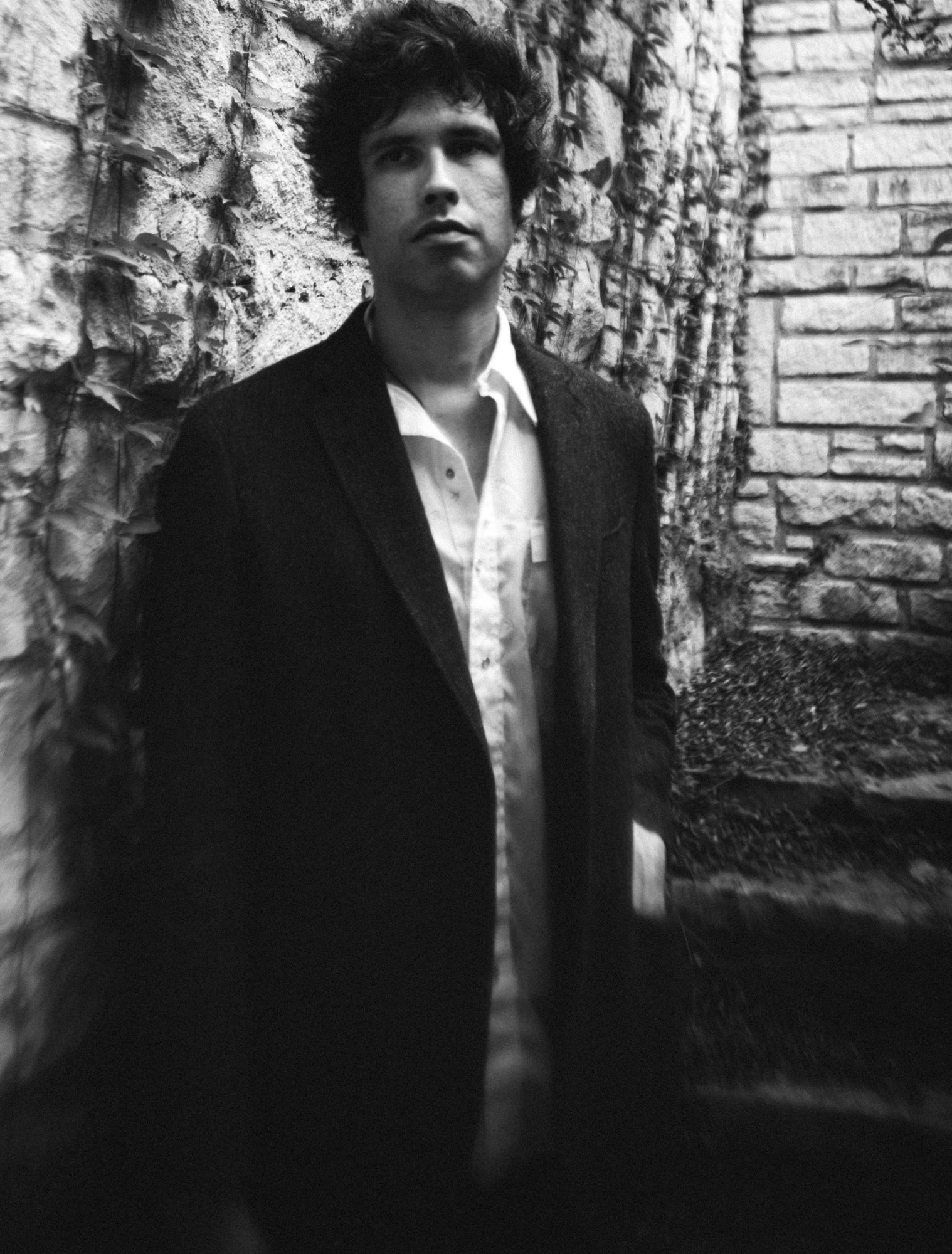Left untrained,
the bitter melon’s taken over
the mulberry, dusting it
Issues
Night’s Froth
Translated by AMIKA FENDI
Drowsiness weighed down my eyelids, so I stretched myself out on the mattress, swimming in the shadows made by the light of the single candle, lonely in the cold, rugged corner where it stood. My friends had been sleeping for an hour or so. I nodded along to their continuous, flutelike noises, a steady chaos.
Adoption Day
Even if the sky collapses, there will be a hole in it.
Korean proverb
Our cat died before the towers fell.
A Letter to Kofi Annan
Translated by NARIMAN YOUSSEF
Abdelghaffar, owner of the tallest building in the quarter—built by the sweat of his brow, as he reportedly doesn’t tire of saying—is pacing up and down his rooftop, stressed about the stray dogs that have been disturbing the neighborhood’s sleep with their nonstop barking every night—Abdelghaffar’s sleep is more affected than anyone’s, his home being the highest in the neighborhood and receiving the noise from all directions at once.
Granada
By SUHAIL MATAR
Translated by AMIKA FENDI
“Let’s see if he’s working now. Yes, there he is.”
Ayed heard these sentences inside the shawarma shop where he worked on Calle Elvira. As he turned around, he recalled what had been uttered just previously, in the middle of the evening rush: “Assalamu alikun, Ayed!”
“Wa ‘alaykum as-Salam. How are you, Tony?” he answered in Arabic.
Antonio, Ayed’s friend, was an amicable young man who joked quite a lot in a manner that erred on the sexual side. He also was learning Fuṣḥa at one of the many language centers in Granada. Ayed liked him for his good nature and because he was Ayed’s umbilical cord to the happenings in Granada’s nightlife. Often Tony came accompanied by one girl, or several—for the most part, tourists—to say hi to Ayed at his workplace. He would then ask him, before throwing him a knowing wink, to join them after his shift. So, Ayed was puzzled when he saw that Antonio’s escort was a lanky, short guy. The guy’s face was smeared with an obvious awkwardness, camouflaged under a half smile. The young man greeted Ayed with a nod and said, “How’re you doing?”
Ropa Usada
Cassie knew she could make extra money selling vintage clothing on the internet, so in her first semester out of grad school, she drove to Chulas Fronteras Ropa Usada, down by the border in the maquiladora district. The bouncer at the door weighed Cassie on a scale as a shoplifting precaution, and handed her a ticket, along with a map of the enormous warehouse. She was originally from the border, and so she said “No, thanks” to the map, since she knew her way around well, and walked inside. There were hills of denim, with polyester, wool, and old jeans compacted, forming different roads. Fans as tall as Cassie were blowing everywhere like electric windmills, creating metallic cyclones that howled over the exclamations of people—mostly brown women like her, but many with young children—picking through the used clothing.
Letter to Emily Brontë
I’m writing this from lockdown on a day
when the dogwood throws out its dose
of darker pink. The schoolyard
holy war
for the black women who died for motherhood
how long has my womb ached
to carry half of my laugh gently
Past and Future on Rapa Nui
By JULIA COOKE

The morning was clear and the colors vivid: yellow brush, white ocean froth against cobalt sky. In front of me, dense gray volcanic stone appeared to consume the light. I stood in salty mist before an altar on the north coast of Rapa Nui, Easter Island. A single toppled moai lay in violent chunks on the ground. At 9:00 a.m. the sun still hovered tight at the horizon. Rapa Nui, which is part of Chile 2,300 miles away, is kept closer to mainland time than by geographical rights it should be. The sun rises gray and sticky at 8:30 in the morning, and sets late, too. This is not the only disorienting thing about Rapa Nui, but rather the most objective example.
Sometimes All You Can Do Is Wait
The dermatologist injects the local anesthetic
into my upper arm. When she begins to carve,










